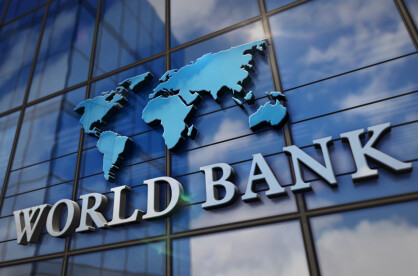Trade wars are once again dominating headlines following the Trump administration’s renewed push for tariff reciprocity early in 2025. The move, which the White House says is intended to promote fairness in global commerce, involves raising U.S. import taxes to mirror those imposed by foreign governments, primarily targeting nations such as China and Mexico. While billed as a corrective measure to rebalance trade deficits and revive domestic industry, critics warn that the consequences may hit American consumers hardest, leading to higher prices even on essential goods.
The Trump administration’s actions mark a dramatic shift from the long-held bipartisan consensus favouring free trade agreements. Among the most significant responses has come from China, which recently raised tariffs on U.S. goods to as high as 125 percent. In retaliation, the U.S. matched these figures on a broad range of Chinese imports. Although a 90-day pause in tariffs was granted for most trading partners to allow for negotiations, China was notably excluded—indicating a more aggressive stance toward the world’s second-largest economy.
The impact is already being felt. Popular e-commerce platforms such as Temu and Shein—both of which source heavily from Chinese manufacturers—have announced upcoming "price adjustments" set to take effect on April 25, 2025. These increases are expected to reflect rising logistics and import costs, and they signal the first wave of inflation likely to ripple through various retail sectors.
But the consequences extend beyond consumer goods. The U.S. Department of Commerce has confirmed it will begin imposing steep tariffs on solar panel imports from four Southeast Asian nations: Cambodia, Malaysia, Thailand, and Vietnam. These countries were previously exempt from certain tariffs under the assumption that they were not circumventing duties on Chinese-made solar products. However, following a year-long investigation, the department concluded that some companies were engaged in such practices.
The new tariffs are substantial. Cambodia faces the harshest penalty, with duties as high as 3,521 percent, attributed to what officials cited as a “lack of cooperation” during the investigation. Thailand will see tariffs rise to 375 percent, while Malaysia faces a 41 percent rate.
These actions have raised alarms among climate advocates and solar industry stakeholders, who fear that increased costs could slow down the U.S. transition to renewable energy. Industry groups warn that steep import duties may drive up the price of solar installations, discourage investment, and lead to project delays nationwide.






